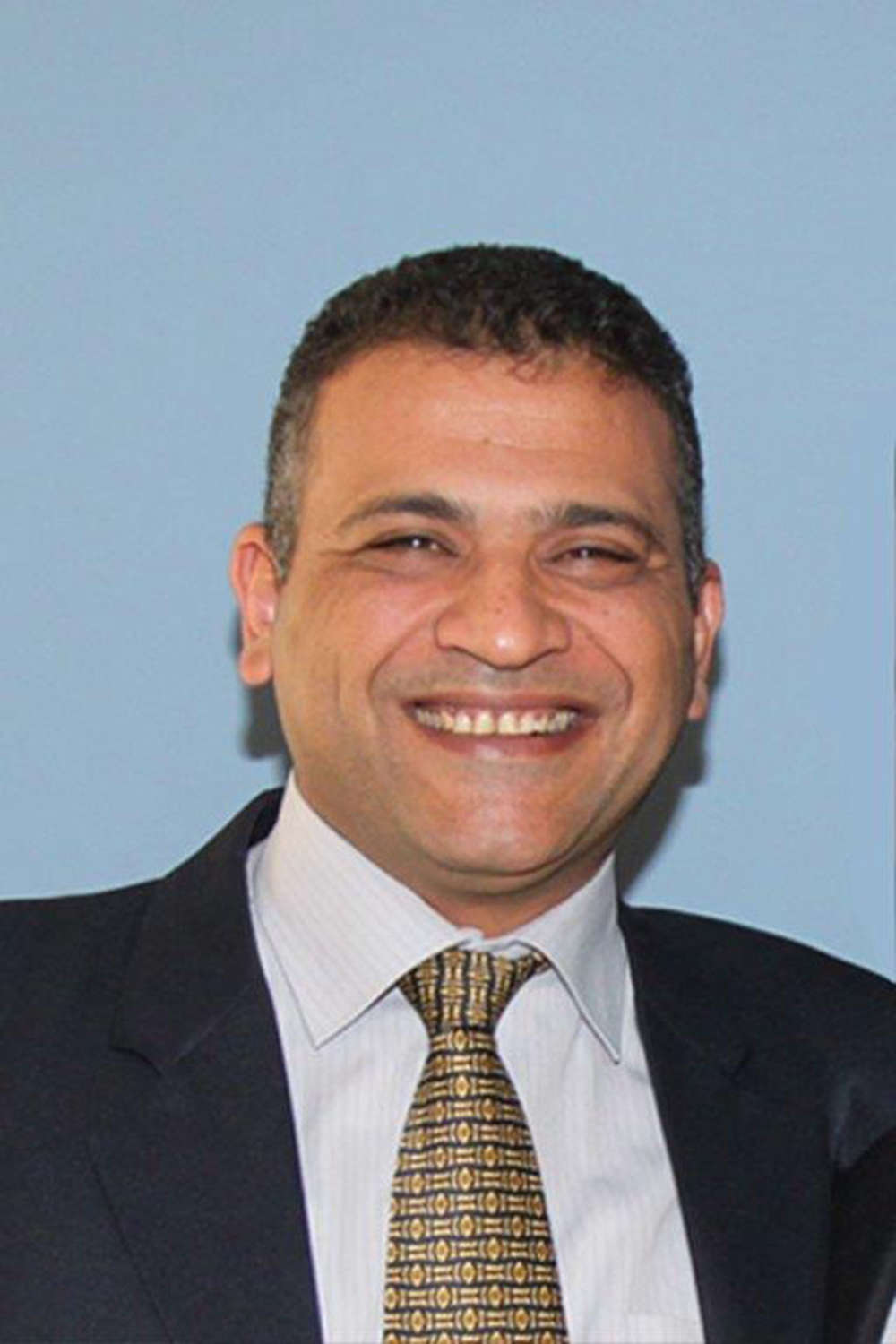Censuses of population, housing, and establishments are crucial undertakings in the life of any country. The implementation of a census is a legal and developmental necessity. In Palestine, it is also an exercise of sovereignty and determination to mark our informatics independence.
Palestine is due to undertake its third Population, Housing, and Establishment Census, with December 1, 2017 set as the reference date for population count. Census 2017 is the proper vehicle for providing crucially needed data for effective planning and for the integration of demographic indicators into the overall development-planning process. The Palestinian decision to carry out the census in its normal periodicity (1997, 2007, 2017) comes in response to our awareness of the crucial need for a very detailed level of statistics to establish a rigorous baseline to monitor the Sustainable Development Goals (SDGs). The census data is also crucial to complement the findings of the expenditure and consumption survey that PCBS is currently implementing to produce multidimensional poverty indicators. Such combined data, once it is fed into a well-designed geographical information system, will reveal Palestine’s geographically based poverty pockets. This is a direct response to a core requirement of the SDGs. Grasping such opportunities, however, is not always as simple as it sounds. Why?
The normal conditions, as set by the United Nations, to carry out a census include controlled borders, a defined geographical area, political stability, free movement, and positive public perception. Applying these conditions to the Palestinian case will definitely negate the possibility of undertaking such a project as Palestine is fragmented into areas A, B, and C; annexation and the separation wall swallow Palestinian land; Gaza is under siege; and Jerusalem is completely isolated. Furthermore, stability is not part of the vocabulary of our daily conversations since expansion of settlements, settler assault on Palestinian civilians, and daily arrests of tens of Palestinians make life far from normal. The permanent and random checkpoints, the gates on the entrances to villages, and curfews rob Palestinians of the freedom of movement that is considered to be a basic human right in international conventions. Adding to these barriers is the law that forbids census activities in Jerusalem that was passed by the Israeli occupation authority during the implementation of the 1997 census.
Theoretically connecting these dots on paper will give a zero feasibility of census undertaking in Palestine. But the PCBS profile as a provider of Palestine’s official statistics refutes such a theory since the PCBS has managed to conduct two population censuses, one agriculture census, and five establishment censuses since 1993. The response rate (the measure of respondent cooperation regarding surveys) in Palestine for household surveys reaches 90 percent compared to less than 70 percent in Europe. These competencies on which the Palestinian statistical system rests collectively support the production of high-quality official statistics to enlighten the public and to serve the Palestinian citizenry. These competencies are the result of a history of good strategic planning and the unlimited support of the government and the research and academic communities, as well as the public at large. The international community pays great attention to this national exercise. Such attention comes in different forms and includes generous support and technical assistance.
The census undertaking in Palestine clearly reflects this collaborative spirit. The consensus on census content was a result of structured consultation with all stakeholders. The final census content reflects national priorities and responds to the need for scientific data to furnish the Medium-Term Development Plan and SDGs.
Palestine is sending a crystal-clear message: Despite all odds, Palestine is counting for the future.
The census national team, which includes thousands of university graduates, has already started to work hard day and night to ensure the availability of the enabling conditions for the successful implementation of the census. The overwhelming cooperation in providing complete needed data reflects Palestinian determination to move forward in the building of the Palestine state.



